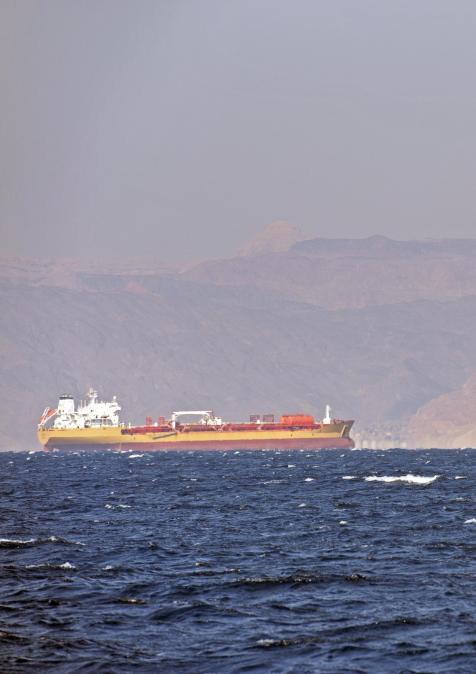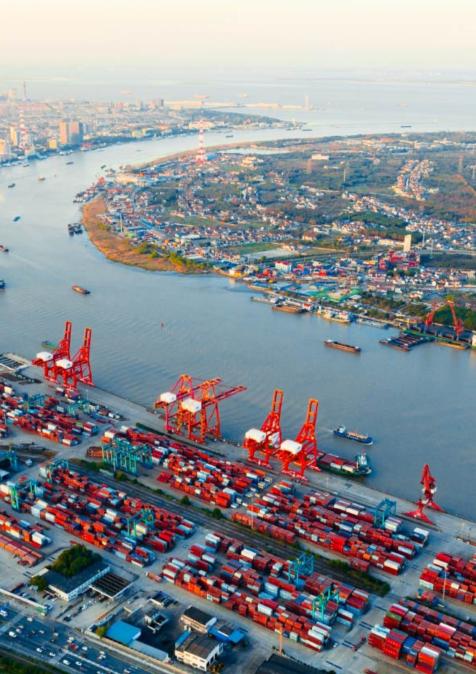Carbon trading have long been touted as a silver bullet to channelise climate finance to African countries lacking the capital to support climate mitigation and adaptation efforts. The erstwhile ‘Kyoto Protocol’ and its successor ‘The Paris Agreement’, though much more comprehensive and wider in scope, both recognize the importance of carbon trading (a form of carbon pricing) in combatting climate change, and in the Paris Agreement the same is enshrined under Article 6 and its sub-c ...





